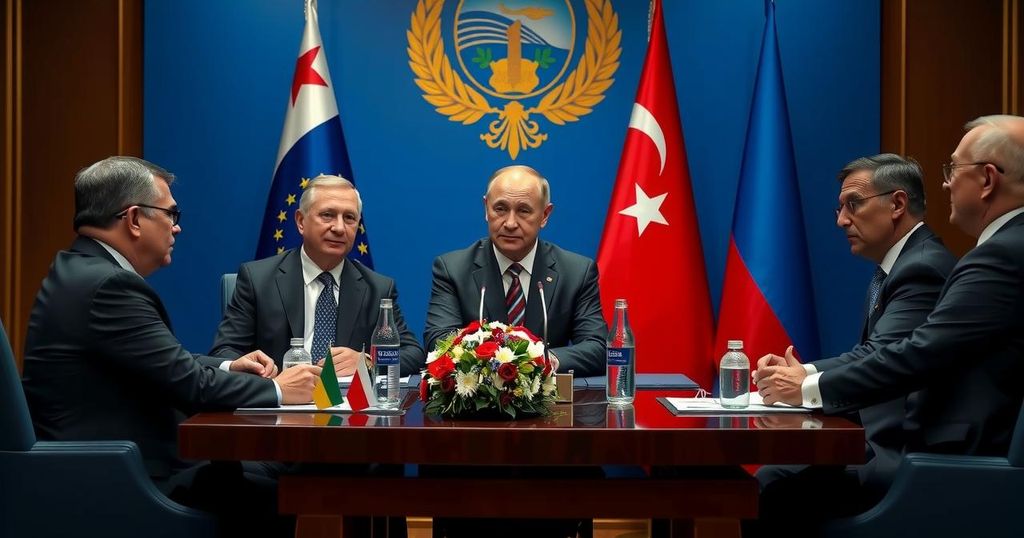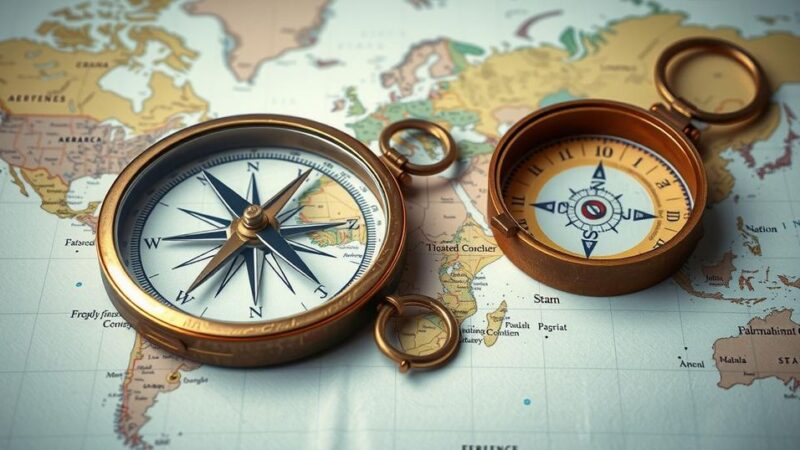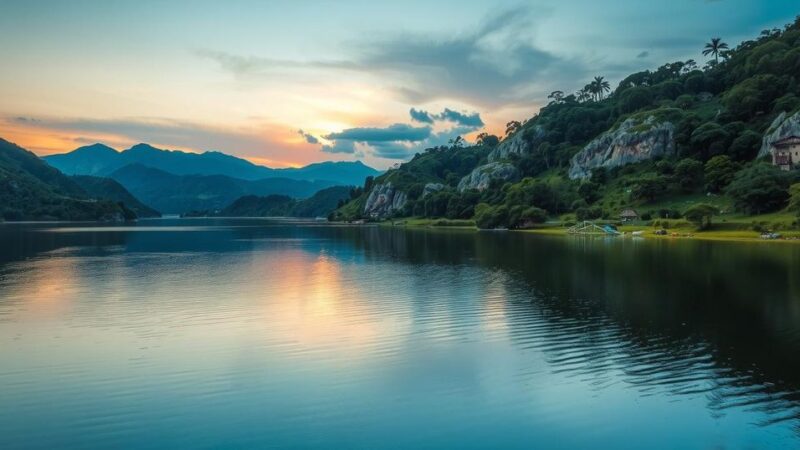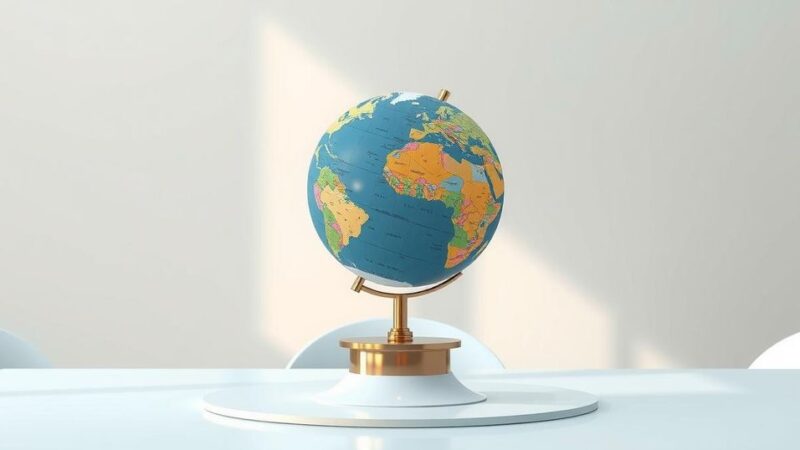The BRICS summit hosted by President Putin in Russia will proceed without Brazilian President Lula da Silva and Cuban President Miguel Diaz-Canel, who both canceled due to health and energy issues, respectively. The summit aims to showcase Russia’s international relations amid its growing isolation, coinciding with the inclusion of new member nations in BRICS.
The BRICS summit, hosted by President Vladimir Putin in Russia, faced significant attendance issues as both Brazilian President Lula da Silva and Cuban President Miguel Diaz-Canel withdrew their participation for unforeseen circumstances. Kremlin aide Yury Ushakov announced on October 21 that President Lula was unable to attend due to a minor brain hemorrhage he sustained from a fall and would instead join the discussions via videoconference. President Diaz-Canel, on the other hand, is contending with severe energy shortages, according to Russian media reports. BRICS, which encompasses Brazil, Russia, India, China, and South Africa, represents a coalition of emerging economies that often positions itself as a counterweight to Western dominance. Recently, the group expanded with the addition of four new members—Egypt, Ethiopia, Iran, and the United Arab Emirates—marking the first enlargement since South Africa joined in December 2010. Amid its increasing international isolation, particularly following its actions in Ukraine, Russia seeks to leverage the summit to exhibit its continuing influence and forge stronger ties with allied nations. In this context, Cuba has expressed its desire to join BRICS as a “partner country,” as communicated in an official correspondence to President Putin from the Cuban Foreign Ministry on October 8. The three-day summit, commencing on October 22, has been characterized by the Kremlin as one of the largest foreign policy events in the nation’s history.
The BRICS alliance, formed in response to the predominance of Western powers, consists of major emerging economies that collaborate on various political and economic agendas. The group’s recent expansion to include Egypt, Ethiopia, Iran, and the UAE aims to bolster its stance in the global economic landscape. Russia’s increasing reliance on BRICS nations is particularly notable as the country navigates through international sanctions and diplomatic isolation following its military actions. Likewise, the participation of Lula and Diaz-Canel reflects broader geopolitical dynamics, with both leaders seeking alternative partnerships and economic collaborations amid domestic challenges.
In summary, the absence of Brazilian and Cuban leaders from the BRICS summit underlines both the personal health issues faced by President Lula and the energy crises confronting President Diaz-Canel. Their non-attendance might impact the collective discussions of this significant gathering of emerging economies. However, the summit remains a critical platform for Russia to assert its diplomatic presence and strengthen ties with its partners. Moreover, Cuba’s aspirations to join BRICS could signify an evolving geopolitical realignment in response to Western pressures.
Original Source: kyivindependent.com






